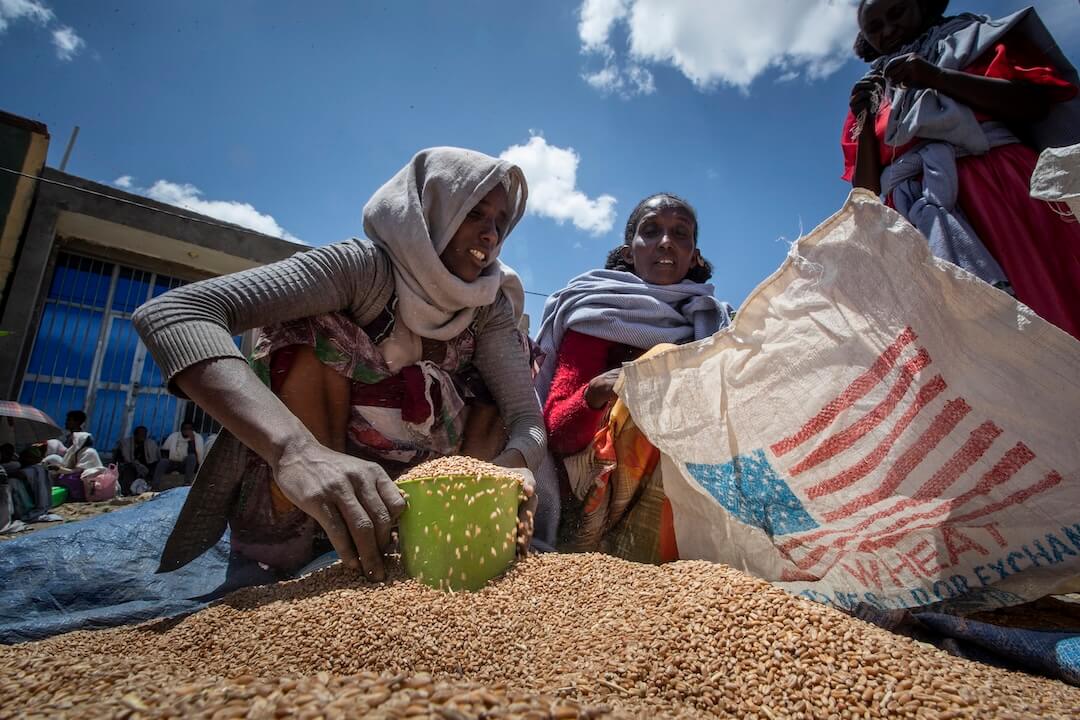Imagine being a major news organization and covering one of the biggest stories you’ll ever come across. Now imagine doing it with no power, spotty cell phone service and staff that, in some cases, have been forced to evacuate to other states.
Now you have some idea of the kinds of challenges facing the journalists in Louisiana after Hurricane Ida slammed the state exactly 16 years after Hurricane Katrina. I traded emails Monday with Peter Kovacs, editor of The Advocate and The Times-Picayune in Louisiana.
“Our first appreciation is that this is Katrina redux,” Kovacs told me. “The federal levees held but most everything else failed. There is no power in New Orleans or Jefferson Parish and almost none in Baton Rouge.”
The paper was printed and delivered Sunday morning ahead of the powerful Category 4 storm, and even printed Monday morning, although conditions made it impossible to deliver until roads were passable later in the day. But the power outages are now causing issues with printing.
“There is no power for our presses so we are printing Tuesday with the support of our partners in Jackson and Mobile,” Kovacs said.
[the_ad id=”667826″]
Kovacs said online traffic was about three times greater than normal leading up to the storm and about five times greater as the storm was hitting Sunday. On Monday, the outlet was getting out information any way it could, posting updates as often as every five minutes. Kyle Whitfield, the digital audience director at The Advocate, sent me an example of technology that delivers news by text message. It already has more than 10,000 signups.
“These are crucial with the power grid taken down in our region,” Whitfield told me. “Text message is the only reliable way to communicate to readers.”
Here’s what it looks like:

(Courtesy: The Advocate)
“Texting seems to work,” Kovacs said. “Reminds me that I had never heard of texting until Katrina in 2005.”
Meanwhile, journalists are doing what journalists do: their jobs despite the conditions. They are working at various locations around New Orleans and the state and are using generator power at the newsrooms in Baton Rouge and Lafayette. Some journalists are working from Alabama and Texas — places they were forced to evacuate to. That actually has been helpful because power and the internet there are more reliable.
“People are in good spirits and working hard and we have had great support from the Georges family (the owners) and our publisher, Judi Terzotis,” Kovacs said.
[the_ad id=”667872″]
[the_ad id=”667878″]
This piece originally appeared in The Poynter Report, our daily newsletter for everyone who cares about the media. Subscribe to The Poynter Report here.







